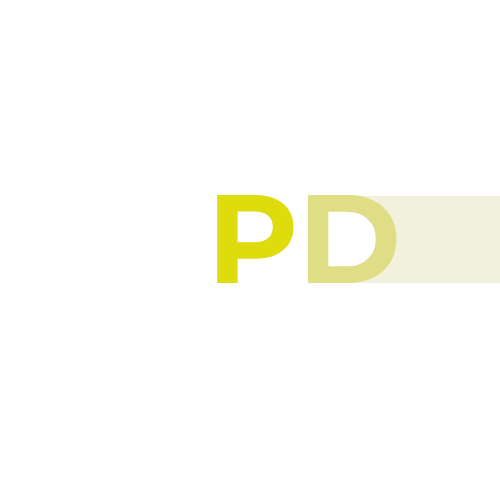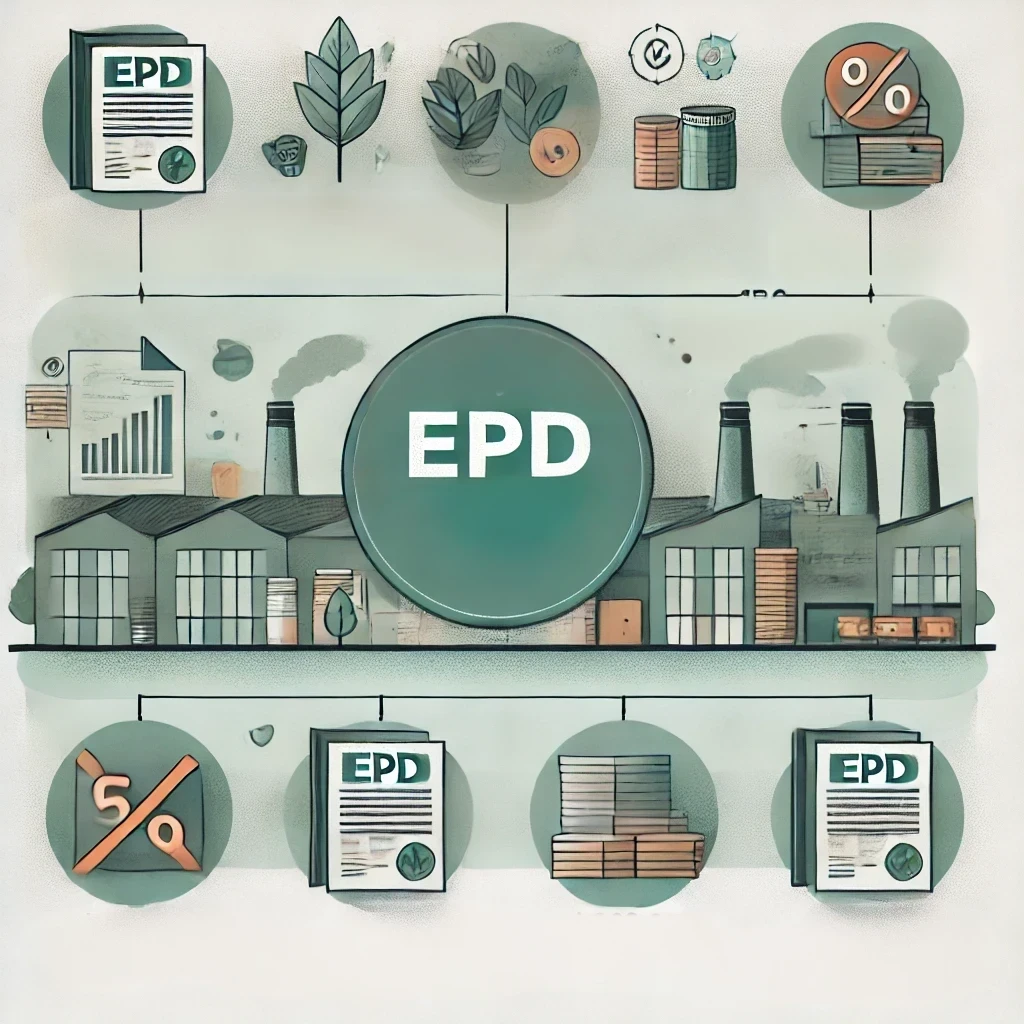Disadvantages of a Product Without an EPD (Environmental Product Declaration) Certificate
1. Lack of Transparency
- The EPD certificate provides scientific verification of a product’s environmental impacts. Without this document, reliable information on the product’s environmental performance is unavailable.
- Consumers and decision-makers in projects cannot objectively assess the product’s environmental footprint.
2. Ineligibility for Green Building Certifications
- LEED, BREEAM, and other green building certifications encourage the use of EPD-certified products, awarding additional points for their inclusion.
- Products without an EPD fail to meet these certification criteria and may be excluded from sustainable projects.
3. Reduced Competitiveness
- As the demand for sustainable and eco-friendly products grows, products without an EPD certificate become less competitive compared to certified alternatives.
- International markets favor transparent and sustainable products, limiting opportunities for non-certified items.
4. Lack of Consumer Trust
- Consumers are increasingly aware of sustainability and prefer products with verified environmental impact data. Without an EPD certificate, a product cannot prove its eco-friendly claims.
- This damages brand reputation and reduces customer loyalty.
5. Missed Opportunities for Environmental Performance Improvement
- The EPD certification process helps companies analyze the environmental impact of their products throughout their lifecycle.
- Without this assessment, businesses miss opportunities to optimize production processes, leading to inefficiencies and higher costs.
6. Loss of Project and Bidding Opportunities
- Public projects and sustainability-focused private initiatives often require products with EPD certification.
- Products without an EPD certificate may be disqualified from these projects and tenders.
7. Regulatory Compliance Issues
- Certain countries and regions mandate EPD or similar environmental documentation for product approval.
- Without this certification, the product may not be eligible for sale in specific markets.
8. Negative Impact on Brand Value
- Environmental sustainability is a key factor in brand reputation.
- The lack of an EPD certificate can raise concerns about a company’s commitment to sustainability.
9. Inability to Compare Products
- Project teams rely on EPD certificates to compare the environmental performance of different materials and products.
- Without an EPD, a product becomes disadvantaged against competing alternatives.
10. Falling Behind Sustainability Trends
- Sustainability has become an essential element in product development and marketing.
- Without an EPD certificate, a product cannot capitalize on these trends, risking market share loss.
Conclusion
Not having an EPD certificate negatively impacts both the environmental and commercial value of a product. To ensure transparency, support sustainability goals, and remain competitive, manufacturers should obtain an EPD certificate for their products.


